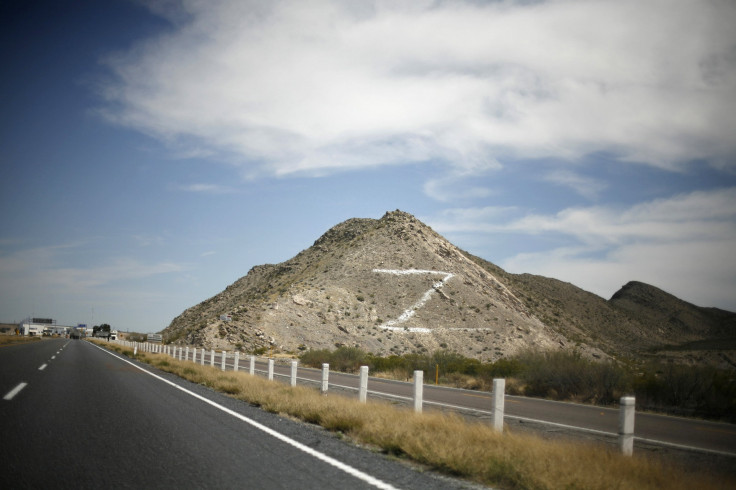
Mexican drug cartels like to keep their fingers in many pots. So much so, the BBC wrote on Friday, that at least two of them make the majority of their earnings on activities other than drug trafficking. The Knights Templars, who’ve been under increasing pressure in the last year in the state of Michoacán as citizen militias and federal security have joined forces against them, make the majority of their income off of (often illegally-mined) iron ore. The Zetas, Mexico’s most vicious gang, get their income off of all sorts of things -- as many as 25 different areas, according to the BBC.
Roberto Arnaud, an expert in organized crime and national security, told the network that the Zetas are involved, like the Templars, in the extraction of energy resources, in addition to illegal activities including kidnapping, extortion and the levying of taxes on various legitimate business sectors and on other criminal groups, the selling of stolen vehicles and weapons -- arms smuggling through the Guatemalan border is an especially lucrative trade -- and human trafficking. Extortion of migrants heading through Mexico’s southern states to the US is sub-contracted out to local bandits, who then pay quotas to the Zetas, according to El Salvadoran journalist Óscar Martínez’s 2013 book “La Bestia."
Federal security commissioner Alfredo Castillo told the Associated Press in March that the Templars now made the greatest portion of their income off of iron ore passing through the Pacific port of Lázaro Cárdenas, where Chinese companies were eager to snap up the commodity. The head of a local chamber of commerce in the state of Michoacán said last week that at the height of their influence, the cartel was making as much as $77,000 per day off the trade. That trade has since been tamped down by the presence of the Mexican military, which has occupied and carried out enforcement activities at the port since early November.
© 2025 Latin Times. All rights reserved. Do not reproduce without permission.





